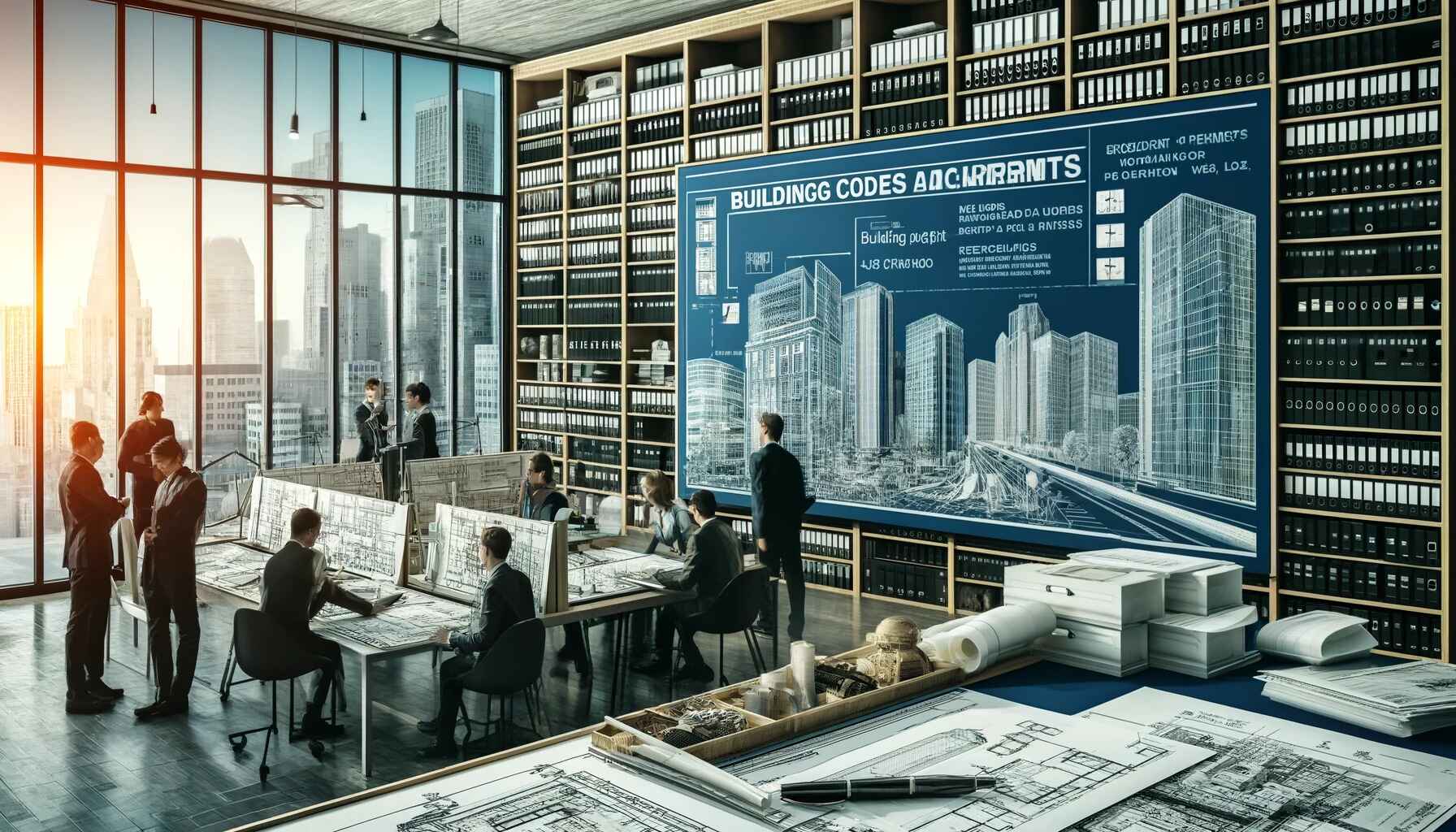Building codes and permits play a crucial role in the construction industry. They ensure safety, durability, and quality in building projects. you’re planning a home renovation, constructing a new building, or even making minor modifications, understanding these regulations is essential. This guide will help you navigate the complexities of building codes and permits, ensuring your project complies with all necessary standards.
What Are Building Codes?
Building codes are a set of regulations developed by government agencies to establish minimum standards for construction. These codes cover various aspects of building design and construction, including structural integrity, fire safety, electrical systems, plumbing, and energy efficiency. The primary goal is to ensure the safety and well-being of occupants and the general public.
Building codes vary by location. Local, state, and federal governments may have different requirements. Check codes Start construction project. These codes are regularly updated to incorporate new technologies, materials, and construction practices.
The Importance of Building Permits
The building department or city council actively issues a building permit, granting you official permission to begin your construction or renovation projectObtaining a permit ensures your project complies with local building codes and zoning laws. Permits are required for a wide range of projects, including new constructions, additions, major renovations, and even some minor alterations.
Acquiring a permit involves submitting detailed plans and specifications of your project to the local building department. These plans are reviewed by officials to ensure they meet all relevant codes and regulations, Permit is issued. Construction begins. Inspectors conduct inspections at various stages to ensure compliance with approved plans and building codes.
Why Compliance Matters
Adhering to building codes and obtaining the necessary permits offer several benefits:
- Safety: Architects and engineers design building codes to ensure the health and safety of occupants. Contractors build structures to resist fires, earthquakes, and extreme weather conditions
- Quality Assurance: Compliance with building codes guarantees a certain level of quality and craftsmanship in construction. This reduces the risk of structural failures and costly repairs in the future.
- Legal Protection: Failure to obtain the necessary permits and adhere to building codes can result in legal consequences. These may include fines, penalties, and even demolition of non-compliant structures.
- Property Value: Properly permitted and code-compliant projects add value to your property. They assure potential buyers that the building meets safety and quality standards, making it easier to sell or insure.
Steps to Obtain a Building Permit
- Research and Planning: Start by researching the building codes and permit requirements in your area. Visit your local building department’s website or office for detailed information.
- Prepare Your Plans: Create detailed plans and specifications for your project. These should include architectural drawings, structural details, and any relevant technical information.
- Submit Your Application: Submit your plans and permit application to the local building department. Pay any required fees and provide additional documentation if requested.
- Plan Review: The building department will review your plans to ensure compliance with codes and regulations. This process may take several weeks.
- Permit Issuance:. Plans approved, you receive building permit. Display it prominently at the construction site.
- Inspections: Schedule inspections at key stages of construction. Inspectors will verify that the work complies with approved plans and building codes.
Conclusion
Contractors, builders, and architects must understand building codes and permits to ensure successful construction projects. These regulations ensure safety, quality, and legal compliance in all building projects. correct procedures and obtaining the necessary permits, you can avoid legal issues, ensure the longevity of your structure, and protect the investment in your property. Always consult with professionals and your local building department to stay informed and compliant.

